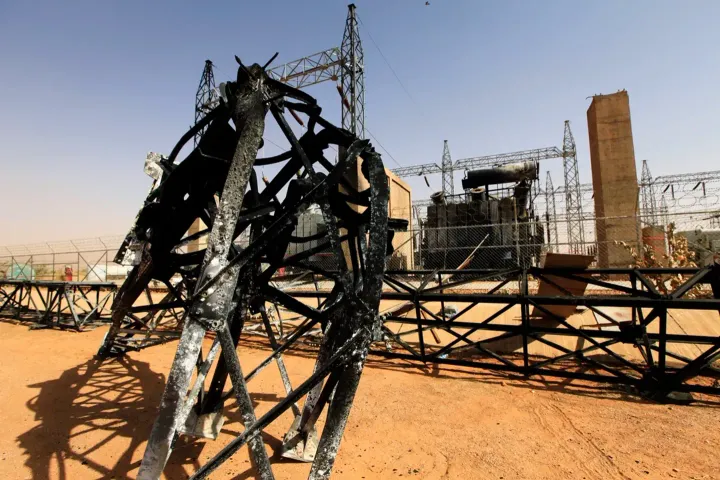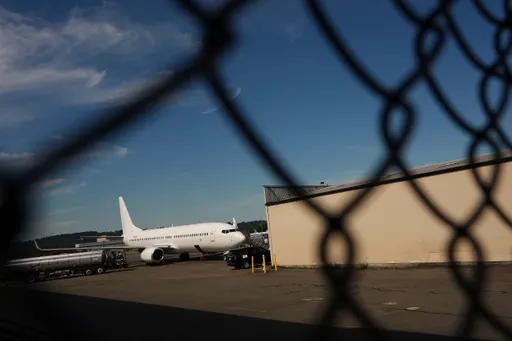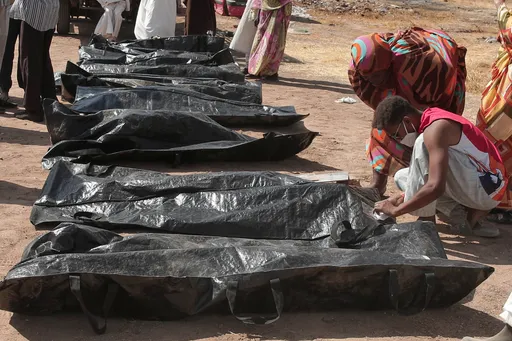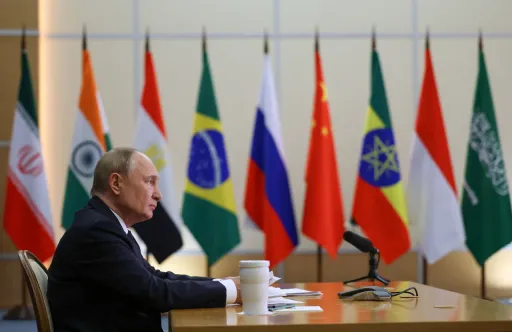Recent fighting in part of eastern Democratic Republic of Congo has displaced more than 100,000 people over the last week, the United Nations humanitarian affairs office said on Tuesday.
The M23 rebels seized control on Saturday of Masisi, a key town in eastern Democratic Republic of Congo.
"Between January 1 and 3, 2025, intense clashes between the Congolese army and a non-state armed group in Masisi Centre, North Kivu province, displaced an estimated 102,000 people, according to local reports," the UN Office for the Coordination of Humanitarian Affairs said.
Masisi has a population of around 40,000 and is the administrative capital of the Masisi territory, rich in agriculture, livestock and minerals.
Relative calm
It lies about 80 kilometres (50 miles) north of North Kivu provincial capital Goma.
Relative calm was reported on January 5 in Masisi Centre, prompting some displaced families to begin returning, OCHA said.
"Humanitarian actors warn the influx of displaced people may worsen Masisi's dire situation, with over 600,000 displaced as of November 30, 2024," the UN body added.
Between Friday and Monday MSF and health ministry teams treated 75 people at two hospitals in the area, MSF said in a statement on Tuesday.
DRC, Rwanda talks
"In addition to providing this care, these two health facilities also sheltered hundreds of civilians for several days, who sought refuge there to benefit from increased protection," said Stephane Goetghebuer, head of mission in charge of the medical charity's projects in North Kivu.
The March 23 Movement (M23), which is alleged to be supported by Rwanda, has seized vast swathes of the east of the DRC since 2021, displacing thousands and triggering a humanitarian crisis.
Angola-mediated talks between DRC President Felix Tshisekedi and his Rwandan counterpart Paul Kagame were abruptly cancelled in mid-December over disagreements on the terms of a proposed peace deal.
For 30 years, the DRC's mineral-rich east has suffered from the ravages of fighting between local and foreign armed groups, dating back to the regional wars of the 1990s.
➤Click here to follow our WhatsApp channel for more stories.









.JPG?width=512&format=webp&quality=80)












